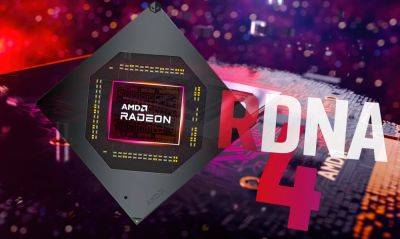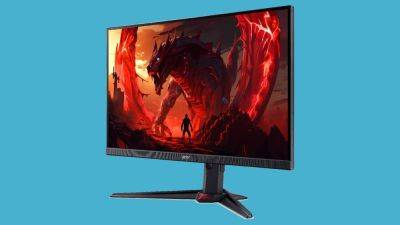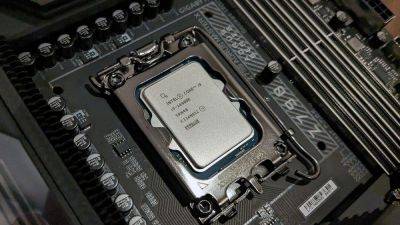AMD admits its chips actually have gaming 'parity' with Intel's 14th Gen, suggests lacklustre Ryzen 9000 performance could be because we're not fiddling with Windows' backend
AMD's new 9000-series CPUs have been underwhelming, performing only a little better than 7000-series chips yet costing a lot more at current prices. In what seems to me like passing the buck, AMD's now given an explanation or two for why Zen 5 gaming performance might not have matched up to the company's original projections.
In an blog post, AMD explains «why AMD-generated gaming data differs from reviewer data», which originally showed a «9% average generational uplift in 1080p gaming versus Ryzen 7000 series, and an average of 6% higher performance across more than 30 games when compared against the competition's best.»
Now, after changing its testing, it instead claims «parity in gaming» with Intel and a «5-8% improvement in gaming over the Ryzen 7000 series».
Regarding what was different about its initial testing, AMD lists obvious variables such as game selection («the makeup of the test suite») and less-than-ideal Intel configurations in AMD's initial tests (who would've guessed?). However, it also gives a reason that strikes me as bizarre, this being that it ran its tests in Windows Admin mode.
According to AMD, its «automated test methodology was run in 'Admin' mode which produced results that reflect branch prediction code optimizations not present in the version of Windows reviewers used to test Ryzen 9000 Series». This Admin mode is, presumably, what Hardware Unboxed referred to as a «hidden Administrator account» that has elevated privileges. AMD suggested such an account should be used because, in Hardware Unboxed's words, when these new Ryzen chips run on normal accounts, «they don't function as intended for bursty workloads».
Assuming this is what AMD means by «Admin mode», the obvious question is: What the hell? Why would anyone test exclusively under such a hidden account given that 99.9% of users won't be running their games under one? And, more importantly, why would AMD test using such an account for its initial numbers?
A cynical answer to







